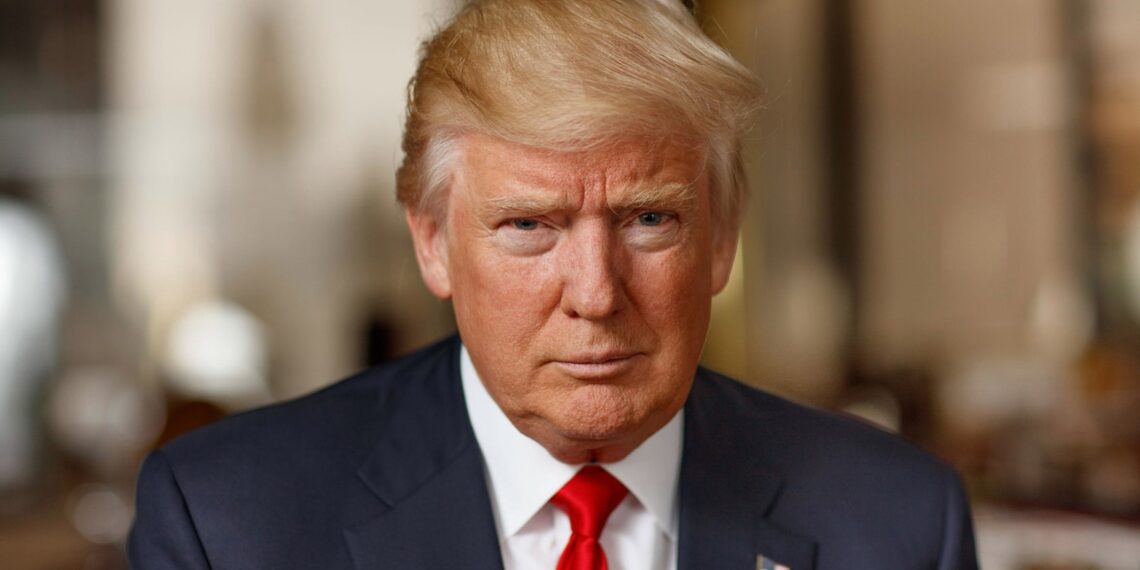The United States President Donald Trump has issued a stark warning to China, threatening to impose an additional 50% tariff on Chinese imports if Beijing does not retract its recently announced 34% retaliatory tariff on US goods.
The ultimatum, shared via Trump’s Truth Social platform, escalates the ongoing trade conflict between the two nations.
In his post, Trump stated that any nation imposing additional tariffs on the US in response to American policies would face immediate countermeasures, including significantly higher tariffs.
He gave China until April 8 to reverse its decision, with the new US tariffs set to take effect on April 9 if Beijing does not comply.
China’s commerce ministry responded firmly, vowing to “fight to the end” and implement countermeasures if the US moves forward with the additional tariffs.
The trade standoff has intensified since Trump announced “reciprocal tariffs” on April 2, targeting imports from about 90 countries.
These measures, including a 10% global tax, are part of his effort to address trade imbalances and pressure nations like China to overhaul their trade practices.
The proposed 50% tariff would compound the 34% tariff on Chinese goods announced last week, which is already scheduled to take effect April 9.
Combined with existing tariffs, this would bring the total US tariffs on Chinese imports to a staggering 104%.
Economic analysts warn that the impact on American consumers could be severe.
A study by the Yale Budget Lab estimates that the tariffs already in place could increase annual household expenses by an average of $3,789, excluding the additional 50% levy.
Importers are expected to pass the cost of tariffs onto consumers through higher prices, contributing to inflation and further economic strain.
Wall Street has reacted with concern, as experts caution that the escalating trade war could slow economic growth and potentially trigger a recession.
ALSO READ: Mizoram bans dog imports amid rabies outbreak in Manipur
In addition to the standoff with China, Trump signalled plans to negotiate new trade terms with other nations.
He criticised Japan, accusing it of unfair trade practices, saying, “They don’t take our cars, but we take millions of theirs.”
White House trade adviser Peter Navarro emphasised that the US seeks deeper reforms beyond simple tariff reductions, targeting non-tariff barriers and structural trade issues in nations like Vietnam.















